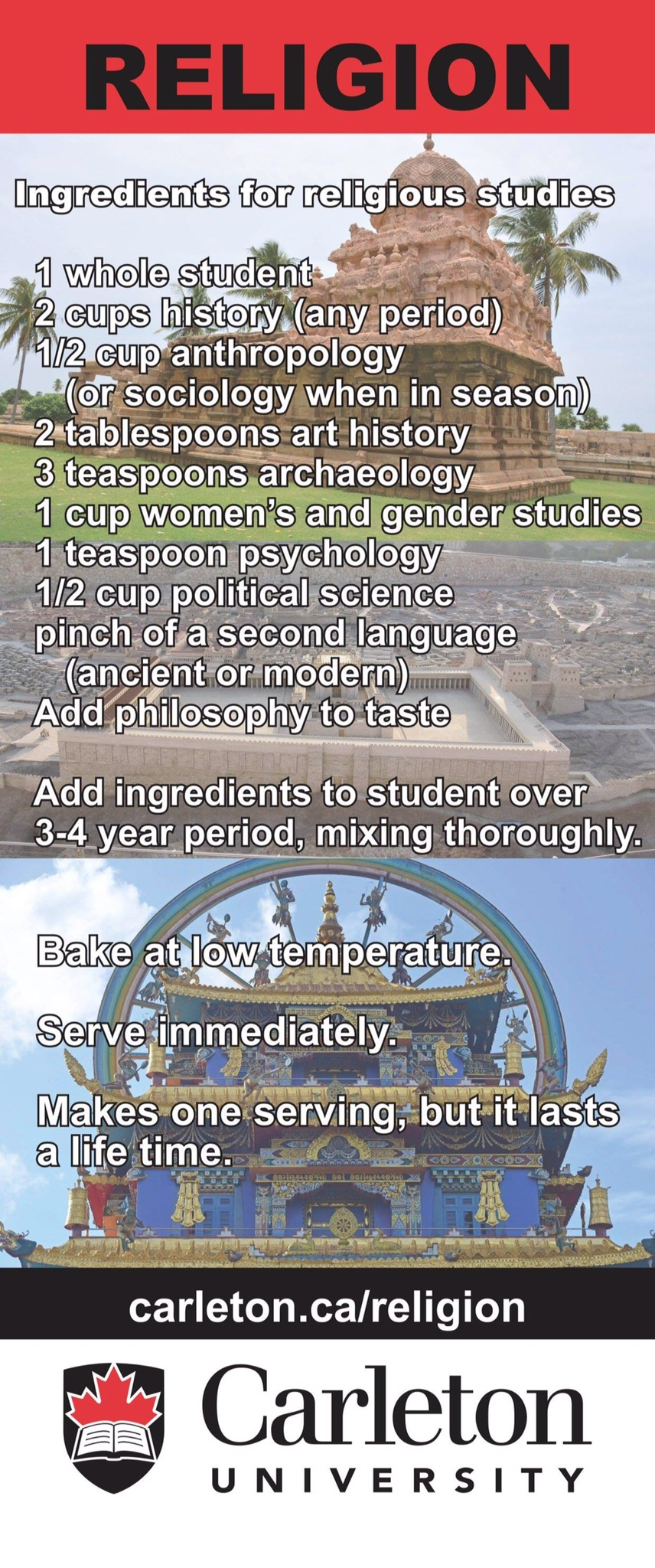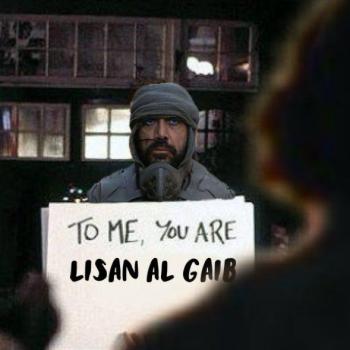The above was made and shared by Zeba Crook last year. As some pointed out in response, it has not always been their experience that the student experience takes place at low temperatures.
As institutions of higher education struggle to stand out from the crowd, I found myself thinking about this subject once again. But it may be that recipes provide a useful analogy. Most recipes are not completely original or distinctive. What makes one particular chef’s chicken piccata better than another’s is not that one uses chicken, capers, and lemon while the other does not. Chefs will have these things in common, and it will be the precise quantities, the exact cooking time, and tiny differences in order and approach that will nonetheless keep us going back to a particular restaurant over and over again for our favorite meal.
Having just experienced another graduation, and heard recent as well as long-time alumni of Butler University expressing on social media just what a wonderful experience they had, I think that this restaurant analogy applies well to higher education. It is not as though, if you went to a different institution, classes would be on completely different topics, or professors would not care about you at all. But some will indeed nonetheless combine the “standard ingredients” of the recipe of university education in general, or religious studies in particular, in a way that works especially well. And it may be that, as with recipes for food, not everyone likes the same restaurant. There is no way to cook food in a way that is guaranteed to please everyone’s tastes. And likewise there is no way to facilitate learning equally well for all people regardless of personality type, prior knowledge, motivation, and so on and so on.
My experience at Butler University as a faculty member has been a fantastic one, and I know lots of students who have had similarly marvelous experiences. It doesn’t surprise me, as I would expect the two to correlate. And yet I know that I have colleagues whose experience working through a different time in the same institution’s history, in a different department, was nowhere near as positive.
Ultimately, higher education is a domain that is both collaborative and competitive. Each institution sends out marketing materials, much as restaurants do, telling you that we’re the best. And you should indeed expect to have a high-quality experience. But ultimately there are lots of places where you can get a great meal and/or a fantastic education, and there are more than enough students who want and need these things, in different regions of the world, so that I don’t feel any need to worry about highlighting a bit of promotional material from Carleton University, any more than I feel the need to refrain from recommending a good restaurant in Ottawa because it might somehow drive a local one here in Indianapolis out of business.
That said, this is a great time for engaging in creative “cooking” in higher education. Some voices calling for “innovation” actually want to either close universities down or turn them into far more profitable “fast food” joints (both in terms of the educational offerings and in terms of the food available, in at least some cases). But the real cutting edge is to be found among those who recognize that there is a lot that is delicious and nutritious on offer now, and it will be the multiple relatively tiny but noticeable and experience-enhancing adjustments that make a university or restaurant stand out – and stand the test of time.
For more on that subject, I recommend a book by Cathy Davidson that I read recently, called The New Education. I was really excited by it – both because what the author describes as the next step in the reinvention of higher education also describes things that are currently happening at Butler University, suggesting we are ahead of the curve; but also because of her appeal to professors not to push current technology out of the classroom the way previous generations of us did with the chalkboard and the calculator.
Please share your own recommendations – higher ed or food recipes – in the comments!



















